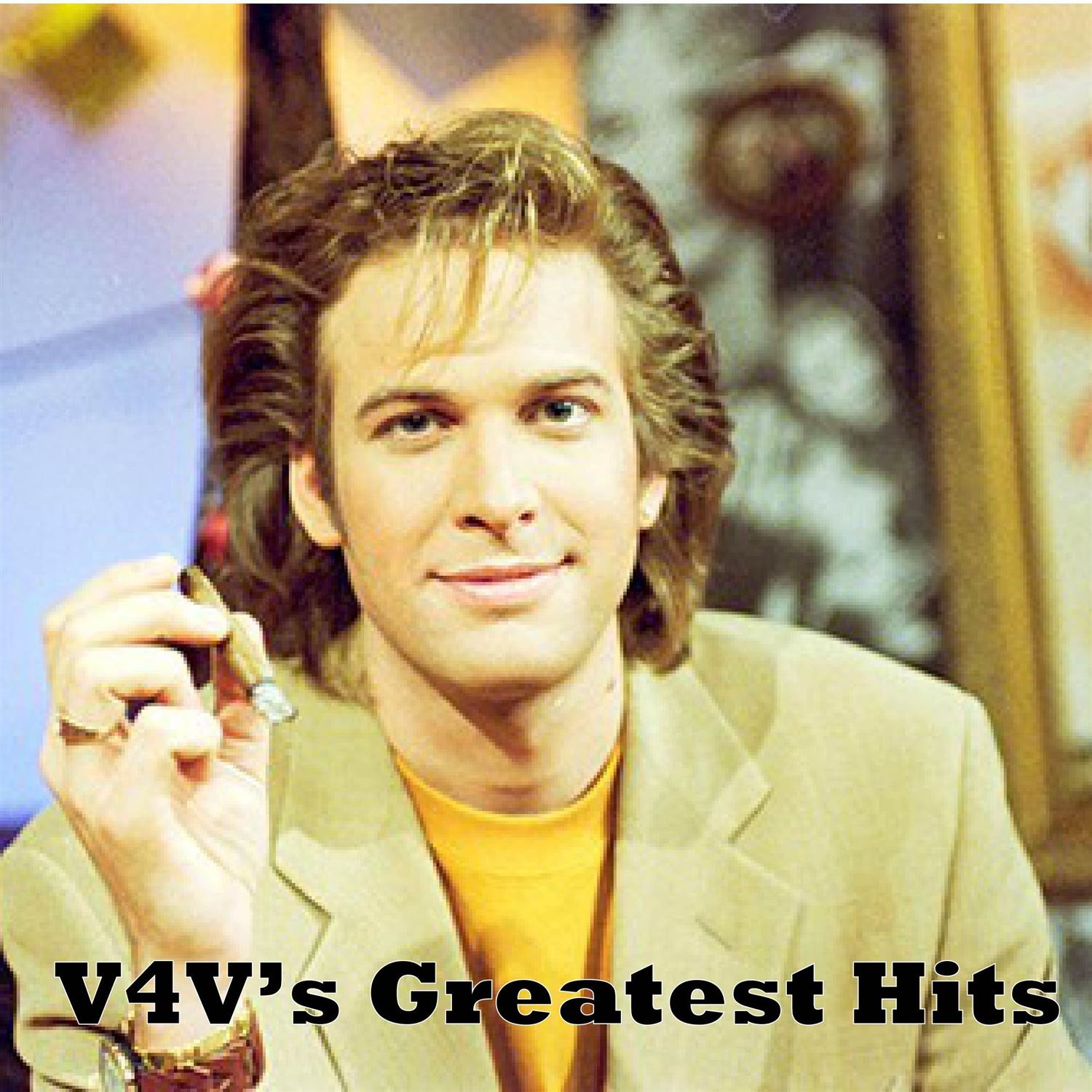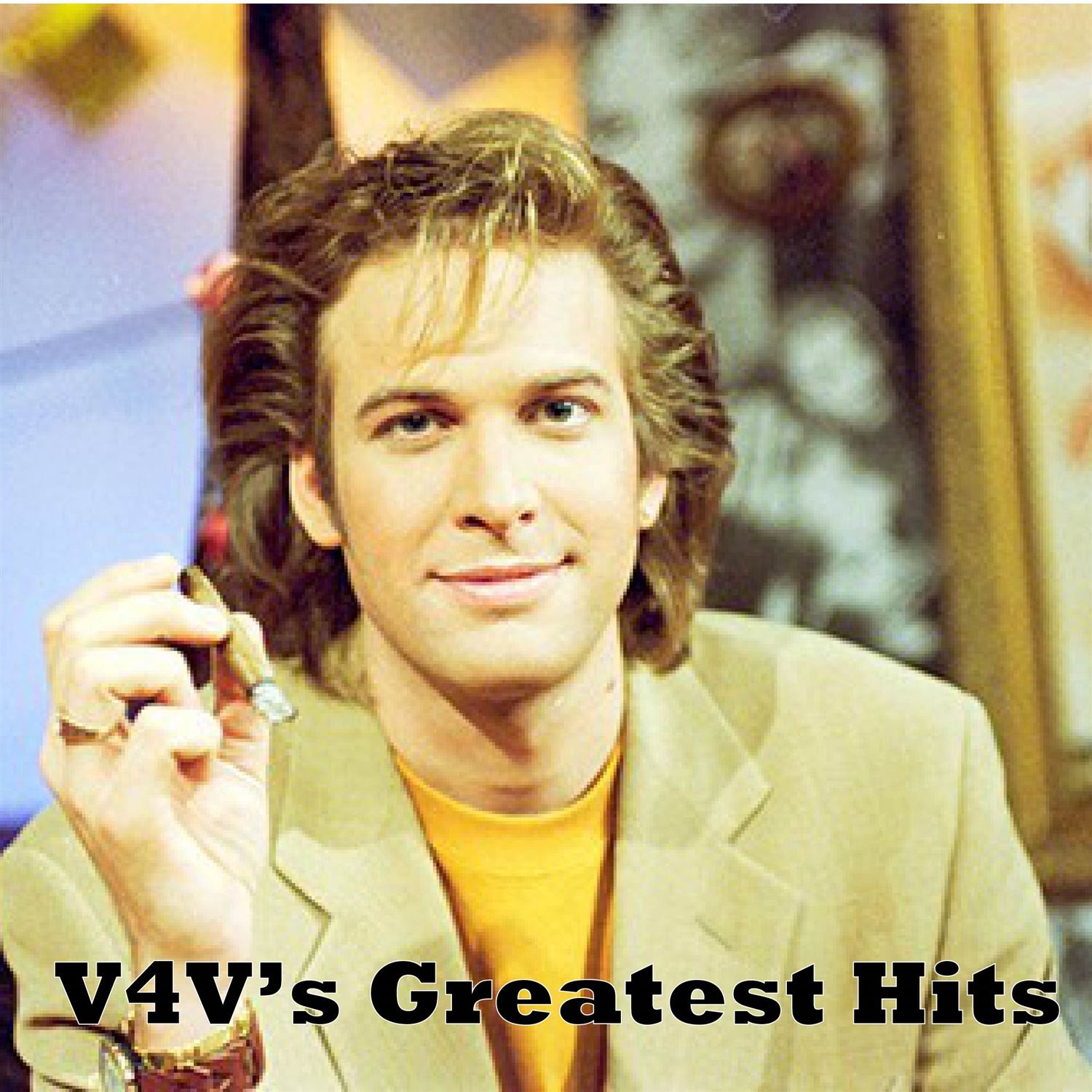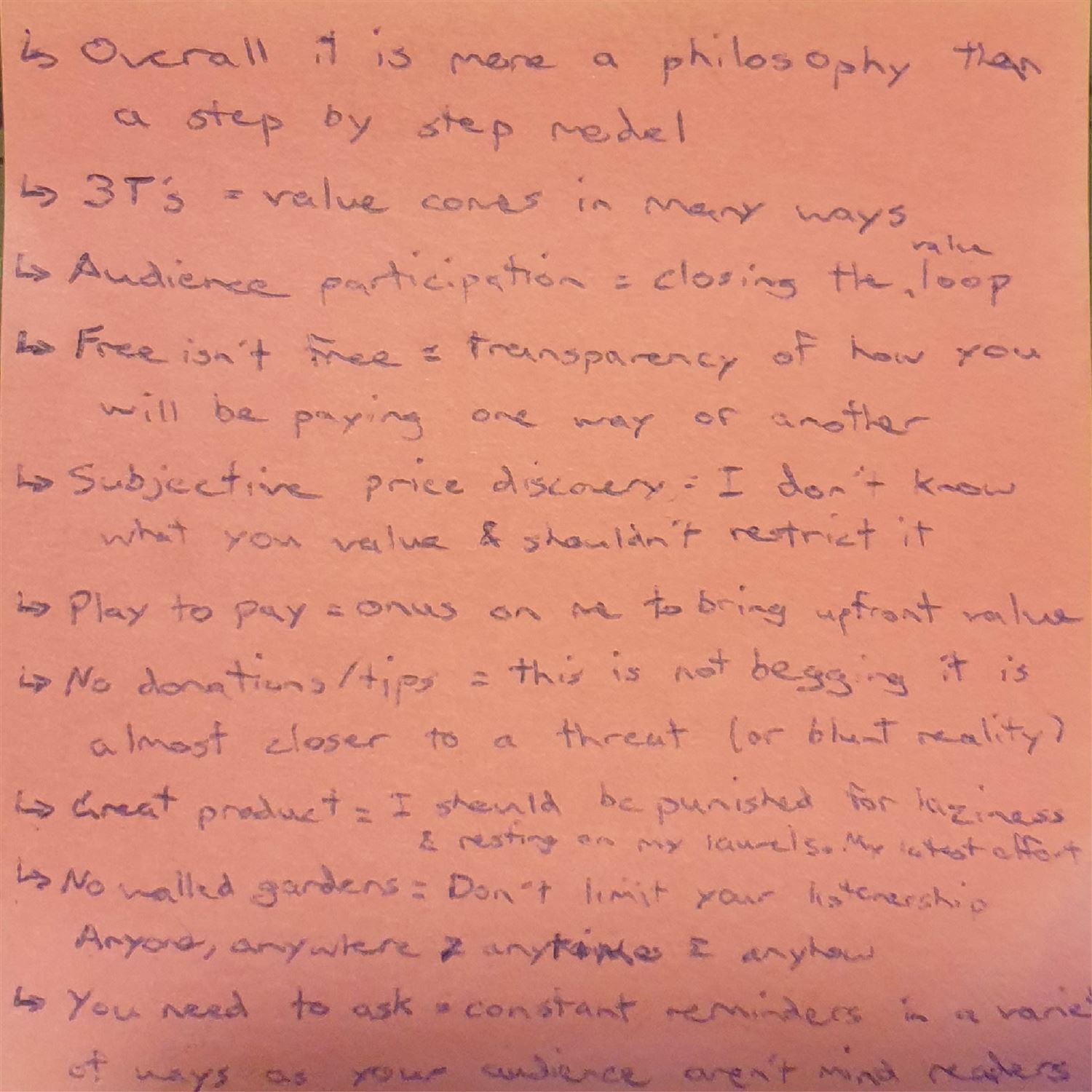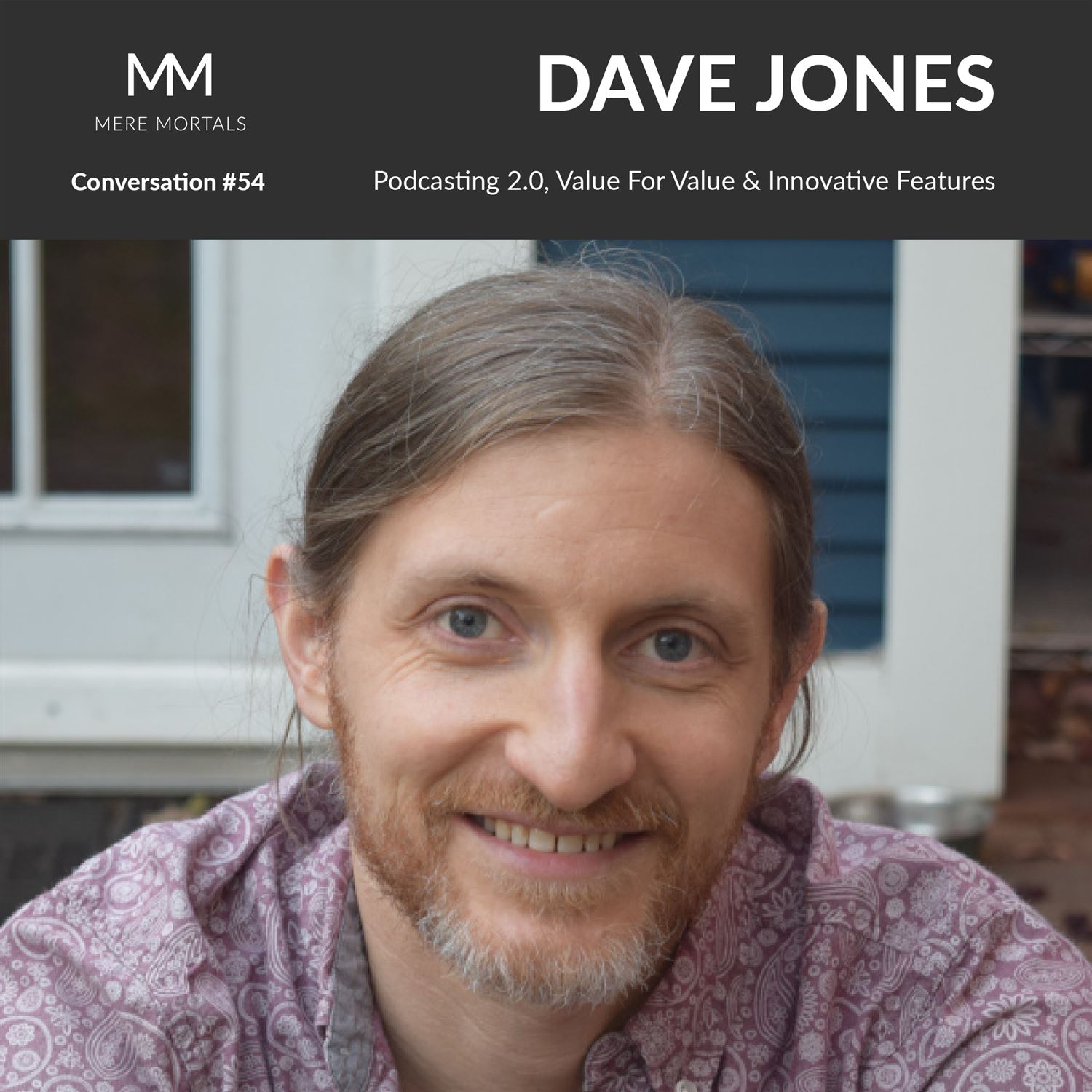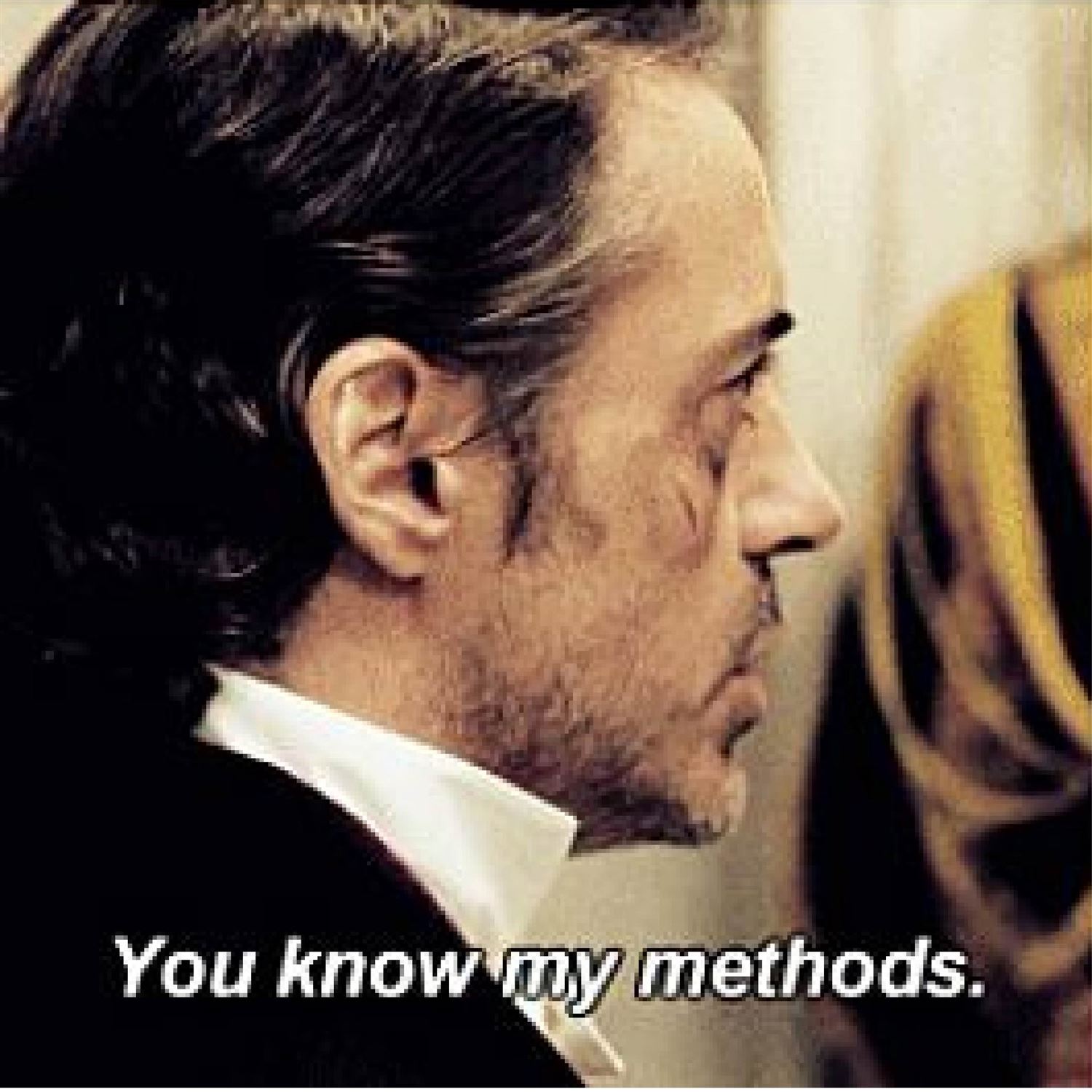What’s the most important parts of the Value For Value model?
In Ep #17 I’m doing a recap of what I have really learnt and how this philosophy should be thought through. Some highlights include: the 3T’s (time/talent/treasure), subjective price discovery, play to pay, free isn’t free and the most important; you need to ask for support (people aren’t mind readers).
No boosts this week so we have a sad owl. I'm starting to run out of animals people :(
Timeline:
(0:00) - Intro
(0:51) - My V4V list
(7:25) - Podcast Index news
(11:09) - Boostagram Lounge
(11:40) - Protip: Follow the method
Value 4 Value Support:
Boostagram: https://www.meremortalspodcast.com/support
Paypal: https://www.paypal.com/paypalme/meremortalspodcast
Connect With Kyrin/Mere Mortals:
Website: https://www.meremortalspodcast.com/
Discord: https://discord.gg/jjfq9eGReU
Twitter/X: https://twitter.com/meremortalspods
Instagram: https://www.instagram.com/meremortalspodcasts/
TikTok: https://www.tiktok.com/@meremortalspodcasts
In Ep #17 I’m doing a recap of what I have really learnt and how this philosophy should be thought through. Some highlights include: the 3T’s (time/talent/treasure), subjective price discovery, play to pay, free isn’t free and the most important; you need to ask for support (people aren’t mind readers).
No boosts this week so we have a sad owl. I'm starting to run out of animals people :(
Timeline:
(0:00) - Intro
(0:51) - My V4V list
(7:25) - Podcast Index news
(11:09) - Boostagram Lounge
(11:40) - Protip: Follow the method
Value 4 Value Support:
Boostagram: https://www.meremortalspodcast.com/support
Paypal: https://www.paypal.com/paypalme/meremortalspodcast
Connect With Kyrin/Mere Mortals:
Website: https://www.meremortalspodcast.com/
Discord: https://discord.gg/jjfq9eGReU
Twitter/X: https://twitter.com/meremortalspods
Instagram: https://www.instagram.com/meremortalspodcasts/
TikTok: https://www.tiktok.com/@meremortalspodcasts
[00:00:03]
Unknown:
Welcome everyone to another episode of the value for value Podcast, the podcast that explores the value for value model and seeks to inform ourselves myself even on the nuances that are contained within the model that is developed fell model created by Adam Curry and popularized by him and is making its way out into the world. Now, this, I'm gonna give you a quick reminder right at the start to give me a boost, boost group boost, I do appreciate them. But then I'm going to use this episode as a almost like a highlight exploring some computer chips for the last three months. And yeah, you know what, I'll do a bit of a recap. So that's going to be episode 17 V for vs greatest hit. So I created a bit of a list recently, in preparation for talking with the pod father, Adam curry, which I had on the May models podcast that's actually out now. Sorry, it will be out within the next week upon you hearing this. And I wanted to read from this because it was created from my own listening, but also my own experiments on this podcast, obviously, and then also from these episodes. So here we go. This is the list, overall value value is more of a philosophy than a step by step model. So it's not like do this, do that do this, and then you'll be set for life and, you know, fully contained, everything's good.
No, it's a, it's more of a general philosophy that you have to get your mind into. And you'll start thinking along the terms of value for value, rather than being like, Oh, if I just do this, then I'm going to be successful in doing the value for value. One of the most important things the three T's time, talent and treasure, and this is just a way of saying that value comes in many ways. So don't get fixated on the monetary aspect, although very useful. The you don't want to be blindsided or not even blindsided, but leaving yourself leaving useful, helpful things on the floor, you know, you could get money in for sure. But what if you're gonna have to just use that money to pay a lawyer for your copyright infringement, or for someone who's stealing your podcast, and you know, seeking for that, you know, what if instead of a person sending money in, they were a lawyer, and they're just like, hey, I'll just give you some advice, I'll help you out with this, this can save you some time. So things like that.
Another one, audience participation. So closing the value loop. This is by addressing the people who are sending it in and making them feel like they're not just sending messages into a void into a black box, and I'll be speaking about that shortly, Sue, free isn't free. So transparency of how you will be paying one way or another, the good thing with value for value is you essentially showing to the world, hey, this is how, how much is coming in, you know, if I want more, I will have to create a better product. And then that way you can see, you know what, you know, they're they're doing good. They're putting in time and effort there. It's just a way of, I guess, showing that if you're not paying via support, you're going to probably be paying in another way. And then that other way, might like Facebook not be super transparent. And you might be paying more than you think with your data, which is actually quite valuable with your time with your attention, which is now being taken up with advertisements or things like that. So that's just one I guess the transparency aspect and just recognizing free isn't, isn't free. It's not it's not that free is never free. Check out the models episode that I've linked in the show notes here.
Because we want and I discussed this recently. But yes, there is some important aspects there to that. Another one is subjective price discovery. So if you go back to skipping through my my own notes here, Episode Nine, you'll see the true value requires subjective price discovery. So this is essentially saying I don't know what you value I don't know how much how little and I shouldn't restrict it arbitrarily by saying hey, this is how much my listening to my podcast costs in a monetary sense. No, you should be able to give whatever you want another one play to pay so this is the onus is on me the podcast ever creator, the creator the independent person is onus is on me to bring bring that upfront value so I can't expect you to pay for something that has not even been created yet. Value for value is not crowdfunding for a podcast that is yet to be released. No, it's the opposite way I do my stuff first and then I really hope and have somewhat some some expectations that you can help support. Another one it's no donations or tips. i This is not begging it is Almost closer to a threat or perhaps a blunt reality, I'm not begging for your support, I'm telling you, if you don't help support the value for value podcast, it's going to go away. Now, this isn't a full guarantee that you know, it's going to be going on forever and whatnot. But it is an appreciation of the moment and saying, hey, you know, this isn't going to continue forever, it might go away, unless I get some help from you, the audience members and things like that.
Another one, well, you need to have a great product. So you shouldn't be punished, punished for laziness, I should be punished for laziness and resting on my laurels. I should be judged by my latest effort. And I've yet to really, really experienced this, because I'm still at the smaller levels, I guess. And it's cotton. You know, it's hard to know if you didn't get some, some Satoshis this last week, because my product was really shit, or if because, you know, one of my supporters just forgot to do it that week, something like that. So that's more for an upper level, but you should be really trying to refine your product in the first place. That's just, you know, common sense. I guess. If you're, if you're doing something, you'd probably want to be trying to get a little bit better at it. If possible, no walled gardens, so don't listen to limit your listenership. This one's more particular to me. But I think it also generally applies, which is that anyone anywhere, anytime in any house should be able to access my podcast. So I'm not going to restrict it from certain places just because of this, I'm not going to say, oh, it's only going to be on Spotify, or it's only going to be here. Now I want you to be able to get it anywhere, anytime, anyone to have it. So I should probably to be honest, be trying to, to make it a bit more available through lower bandwidths for people in African countries and things like that, for example. But it's a bit of a trade off as well, you have to examine how much time you have in the day, and how much you really can make available. And then the most important one you need to ask.
So constant reminders in a variety of ways as your audience aren't mind reader's, they do not know if you need help out. And they can't predict if you need help if you don't tell them. So you need to ask for support. Just like I'm asking now. Give me a boost. Hey, please help me out. So those are the main aspects just right there. And I now want to just jump on to the next section, which is about the podcast index news. So the last episode was episode 64. Dave Knight him man. And so that's kind of I would highly recommend someone if you haven't seen it before to check out the Yolo creator Michael Cusack, he had a another YouTube video called weed heads. And it's just basically like to to stoners, when to stoner cartoons sitting on top of planet Earth and just talking to talking about weed man and just had deep conversations. You just can't get on my level man. So that's just a little funny thing right there. But some of the news is one I for 1am really happy that Dave is working on the Brewster Graham proliferation. So this is his heli pad edition, which is for the Umbral device I'm not gonna lie, I'm not the latest up to date on the Lightning Network and nodes and all those things, essentially, I believe it's a way that if you have a node, you can use this Umbral device to pass out the boostagrams that are coming in the messages, maybe give some graphs and things like that. So he's been spending a lot of time doing that instead of working on some other things like live across comments and other useful features but honestly, I think it's really really smart on his part to be doing that the main thing for me has been boosta grams that's the value for value component of doing that the additional features are great, I love chapters. I love I don't particularly use transcripts myself but some of the other like location is fun. I think that's cool. Once again, I haven't particularly used it so don't have it on Buzzsprout but some very cool stuff but yeah, the boostagrams that's where it's at people another one is that they were talking about the curry and the keeper and so I actually did listen to the first episode of of Adam's new podcast with his wife and I just gotta say it's, it's very solid, you know, he's been podcasting a long time and she does have a lovely voice that just fits in with their mood. Their banter is beautiful and they just seem like a really really lovely couple a really enjoyed hearing them speak about random stuff like sales and clothes and and other funny things, how they first met and et cetera, et cetera. The performance right, so we're talking a lot about the madness that is the world of the music industry, and And God down. How repugnant does that sound where you're you know restricted by so many regulations by you can do this you can't do that this person needs to pay off you can't own the rights to this and if you want to try and get them back you have to do this thing and I could just sounded so insane you know, you know what would be better while just uploading your music onto a onto a podcasting app and then Bada bing bada boom, you don't you can put in the royalties, the splits there and this and things like that. Totally, I get it when it's if you're doing that, then there's there's gonna be people ripping it off and stealing and you probably need to become a bit aware of that sort of stuff. But yeah, it's it's unfortunate that the world is like that. But hopefully value for value will help make that industry a little bit better. Even if I'm, even if only for a little bit for maybe some of the smaller artists and whatnot, then they can use the value for value model and get away greater return than they can if they were to just put their stuff on Spotify and see it get chewed up by the beast that is the the middlemen and whatnot. And that's it for for that section. So we'll go on to the boostagram lounge. Wait, what was the music, there is no music, sad owl time we didn't have any boostagrams coming in. Hoot, hoot hoot. So we'll skip the boostagram section on for this week. And I will just say a big thanks to the massive influx that well there was from last week. So that was Nullifier and Oscar Mary sending in some boostagrams last week, I did appreciate that. So thank you very much. The final section as always, it's a little pro tip.
And so this is me saying follow the method try out the value for value method. Some of the things that I suggested in the Listening section there, I wouldn't call it super comprehensive, but I think it's a pretty good summary of, of most of the core aspects that I've covered in this podcast and, and what Adam what I've learned from Adam curry and his his methods and listening to his 345 different podcasts where where he's been doing the value for value method. It's been an interesting journey. And I've quite enjoyed it. And I, to be honest, I'm probably starting to see a little bit of an end creeping up into this for some reasons that we'll talk about shortly. In some some of the next episodes, but for the moment, yeah, I would just say follow the method, see what works for you. And, you know, try it out, try out. If you're not a creator yourself, try out boostagramming or sending some Satoshis sending some support to the people who you enjoy and who you love listening to because it is very gratifying on the other end and it really does help. So that is it for today. Kyrin hooting owl out
Welcome everyone to another episode of the value for value Podcast, the podcast that explores the value for value model and seeks to inform ourselves myself even on the nuances that are contained within the model that is developed fell model created by Adam Curry and popularized by him and is making its way out into the world. Now, this, I'm gonna give you a quick reminder right at the start to give me a boost, boost group boost, I do appreciate them. But then I'm going to use this episode as a almost like a highlight exploring some computer chips for the last three months. And yeah, you know what, I'll do a bit of a recap. So that's going to be episode 17 V for vs greatest hit. So I created a bit of a list recently, in preparation for talking with the pod father, Adam curry, which I had on the May models podcast that's actually out now. Sorry, it will be out within the next week upon you hearing this. And I wanted to read from this because it was created from my own listening, but also my own experiments on this podcast, obviously, and then also from these episodes. So here we go. This is the list, overall value value is more of a philosophy than a step by step model. So it's not like do this, do that do this, and then you'll be set for life and, you know, fully contained, everything's good.
No, it's a, it's more of a general philosophy that you have to get your mind into. And you'll start thinking along the terms of value for value, rather than being like, Oh, if I just do this, then I'm going to be successful in doing the value for value. One of the most important things the three T's time, talent and treasure, and this is just a way of saying that value comes in many ways. So don't get fixated on the monetary aspect, although very useful. The you don't want to be blindsided or not even blindsided, but leaving yourself leaving useful, helpful things on the floor, you know, you could get money in for sure. But what if you're gonna have to just use that money to pay a lawyer for your copyright infringement, or for someone who's stealing your podcast, and you know, seeking for that, you know, what if instead of a person sending money in, they were a lawyer, and they're just like, hey, I'll just give you some advice, I'll help you out with this, this can save you some time. So things like that.
Another one, audience participation. So closing the value loop. This is by addressing the people who are sending it in and making them feel like they're not just sending messages into a void into a black box, and I'll be speaking about that shortly, Sue, free isn't free. So transparency of how you will be paying one way or another, the good thing with value for value is you essentially showing to the world, hey, this is how, how much is coming in, you know, if I want more, I will have to create a better product. And then that way you can see, you know what, you know, they're they're doing good. They're putting in time and effort there. It's just a way of, I guess, showing that if you're not paying via support, you're going to probably be paying in another way. And then that other way, might like Facebook not be super transparent. And you might be paying more than you think with your data, which is actually quite valuable with your time with your attention, which is now being taken up with advertisements or things like that. So that's just one I guess the transparency aspect and just recognizing free isn't, isn't free. It's not it's not that free is never free. Check out the models episode that I've linked in the show notes here.
Because we want and I discussed this recently. But yes, there is some important aspects there to that. Another one is subjective price discovery. So if you go back to skipping through my my own notes here, Episode Nine, you'll see the true value requires subjective price discovery. So this is essentially saying I don't know what you value I don't know how much how little and I shouldn't restrict it arbitrarily by saying hey, this is how much my listening to my podcast costs in a monetary sense. No, you should be able to give whatever you want another one play to pay so this is the onus is on me the podcast ever creator, the creator the independent person is onus is on me to bring bring that upfront value so I can't expect you to pay for something that has not even been created yet. Value for value is not crowdfunding for a podcast that is yet to be released. No, it's the opposite way I do my stuff first and then I really hope and have somewhat some some expectations that you can help support. Another one it's no donations or tips. i This is not begging it is Almost closer to a threat or perhaps a blunt reality, I'm not begging for your support, I'm telling you, if you don't help support the value for value podcast, it's going to go away. Now, this isn't a full guarantee that you know, it's going to be going on forever and whatnot. But it is an appreciation of the moment and saying, hey, you know, this isn't going to continue forever, it might go away, unless I get some help from you, the audience members and things like that.
Another one, well, you need to have a great product. So you shouldn't be punished, punished for laziness, I should be punished for laziness and resting on my laurels. I should be judged by my latest effort. And I've yet to really, really experienced this, because I'm still at the smaller levels, I guess. And it's cotton. You know, it's hard to know if you didn't get some, some Satoshis this last week, because my product was really shit, or if because, you know, one of my supporters just forgot to do it that week, something like that. So that's more for an upper level, but you should be really trying to refine your product in the first place. That's just, you know, common sense. I guess. If you're, if you're doing something, you'd probably want to be trying to get a little bit better at it. If possible, no walled gardens, so don't listen to limit your listenership. This one's more particular to me. But I think it also generally applies, which is that anyone anywhere, anytime in any house should be able to access my podcast. So I'm not going to restrict it from certain places just because of this, I'm not going to say, oh, it's only going to be on Spotify, or it's only going to be here. Now I want you to be able to get it anywhere, anytime, anyone to have it. So I should probably to be honest, be trying to, to make it a bit more available through lower bandwidths for people in African countries and things like that, for example. But it's a bit of a trade off as well, you have to examine how much time you have in the day, and how much you really can make available. And then the most important one you need to ask.
So constant reminders in a variety of ways as your audience aren't mind reader's, they do not know if you need help out. And they can't predict if you need help if you don't tell them. So you need to ask for support. Just like I'm asking now. Give me a boost. Hey, please help me out. So those are the main aspects just right there. And I now want to just jump on to the next section, which is about the podcast index news. So the last episode was episode 64. Dave Knight him man. And so that's kind of I would highly recommend someone if you haven't seen it before to check out the Yolo creator Michael Cusack, he had a another YouTube video called weed heads. And it's just basically like to to stoners, when to stoner cartoons sitting on top of planet Earth and just talking to talking about weed man and just had deep conversations. You just can't get on my level man. So that's just a little funny thing right there. But some of the news is one I for 1am really happy that Dave is working on the Brewster Graham proliferation. So this is his heli pad edition, which is for the Umbral device I'm not gonna lie, I'm not the latest up to date on the Lightning Network and nodes and all those things, essentially, I believe it's a way that if you have a node, you can use this Umbral device to pass out the boostagrams that are coming in the messages, maybe give some graphs and things like that. So he's been spending a lot of time doing that instead of working on some other things like live across comments and other useful features but honestly, I think it's really really smart on his part to be doing that the main thing for me has been boosta grams that's the value for value component of doing that the additional features are great, I love chapters. I love I don't particularly use transcripts myself but some of the other like location is fun. I think that's cool. Once again, I haven't particularly used it so don't have it on Buzzsprout but some very cool stuff but yeah, the boostagrams that's where it's at people another one is that they were talking about the curry and the keeper and so I actually did listen to the first episode of of Adam's new podcast with his wife and I just gotta say it's, it's very solid, you know, he's been podcasting a long time and she does have a lovely voice that just fits in with their mood. Their banter is beautiful and they just seem like a really really lovely couple a really enjoyed hearing them speak about random stuff like sales and clothes and and other funny things, how they first met and et cetera, et cetera. The performance right, so we're talking a lot about the madness that is the world of the music industry, and And God down. How repugnant does that sound where you're you know restricted by so many regulations by you can do this you can't do that this person needs to pay off you can't own the rights to this and if you want to try and get them back you have to do this thing and I could just sounded so insane you know, you know what would be better while just uploading your music onto a onto a podcasting app and then Bada bing bada boom, you don't you can put in the royalties, the splits there and this and things like that. Totally, I get it when it's if you're doing that, then there's there's gonna be people ripping it off and stealing and you probably need to become a bit aware of that sort of stuff. But yeah, it's it's unfortunate that the world is like that. But hopefully value for value will help make that industry a little bit better. Even if I'm, even if only for a little bit for maybe some of the smaller artists and whatnot, then they can use the value for value model and get away greater return than they can if they were to just put their stuff on Spotify and see it get chewed up by the beast that is the the middlemen and whatnot. And that's it for for that section. So we'll go on to the boostagram lounge. Wait, what was the music, there is no music, sad owl time we didn't have any boostagrams coming in. Hoot, hoot hoot. So we'll skip the boostagram section on for this week. And I will just say a big thanks to the massive influx that well there was from last week. So that was Nullifier and Oscar Mary sending in some boostagrams last week, I did appreciate that. So thank you very much. The final section as always, it's a little pro tip.
And so this is me saying follow the method try out the value for value method. Some of the things that I suggested in the Listening section there, I wouldn't call it super comprehensive, but I think it's a pretty good summary of, of most of the core aspects that I've covered in this podcast and, and what Adam what I've learned from Adam curry and his his methods and listening to his 345 different podcasts where where he's been doing the value for value method. It's been an interesting journey. And I've quite enjoyed it. And I, to be honest, I'm probably starting to see a little bit of an end creeping up into this for some reasons that we'll talk about shortly. In some some of the next episodes, but for the moment, yeah, I would just say follow the method, see what works for you. And, you know, try it out, try out. If you're not a creator yourself, try out boostagramming or sending some Satoshis sending some support to the people who you enjoy and who you love listening to because it is very gratifying on the other end and it really does help. So that is it for today. Kyrin hooting owl out

